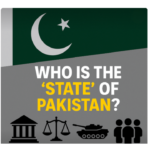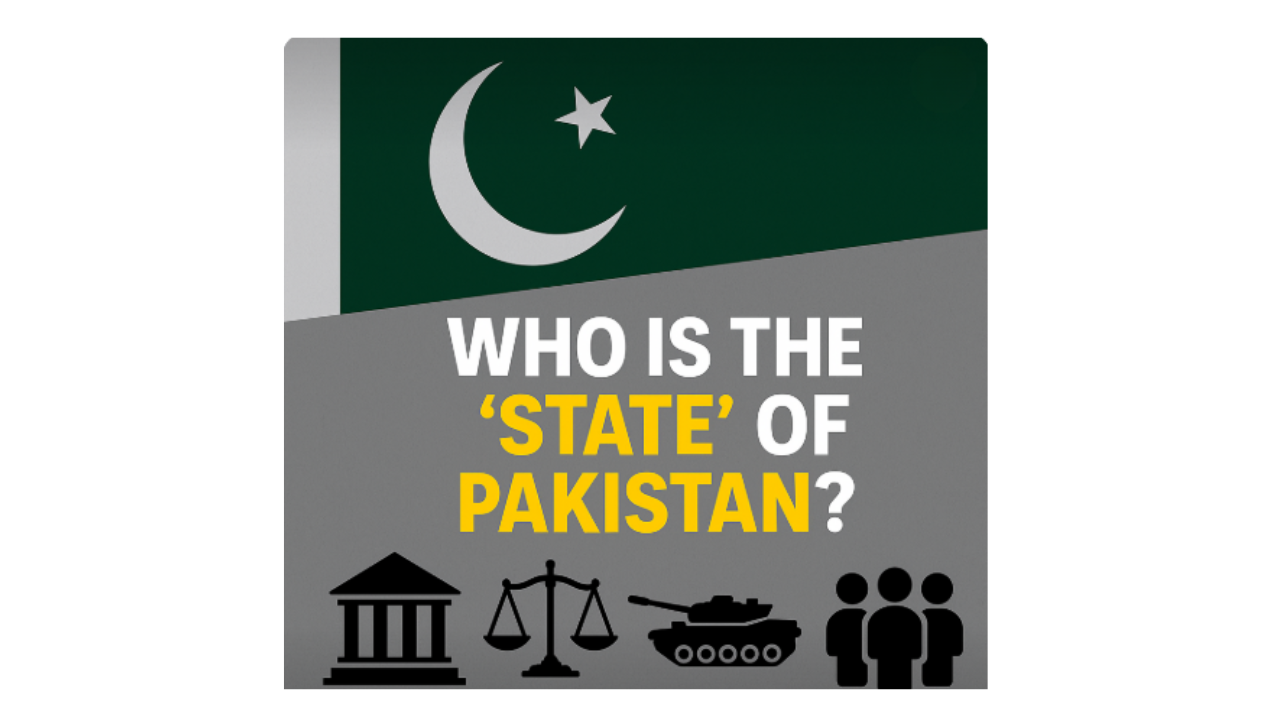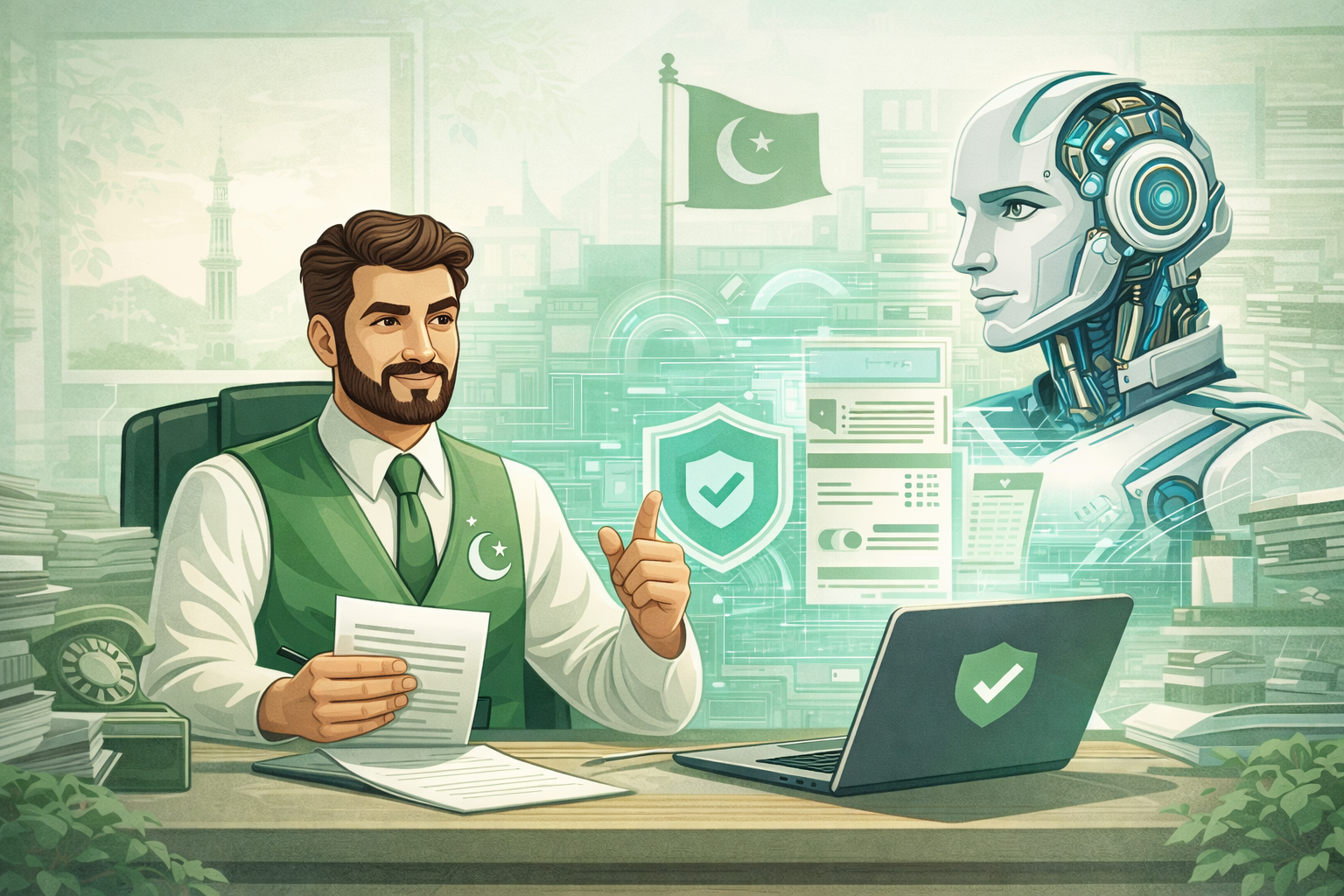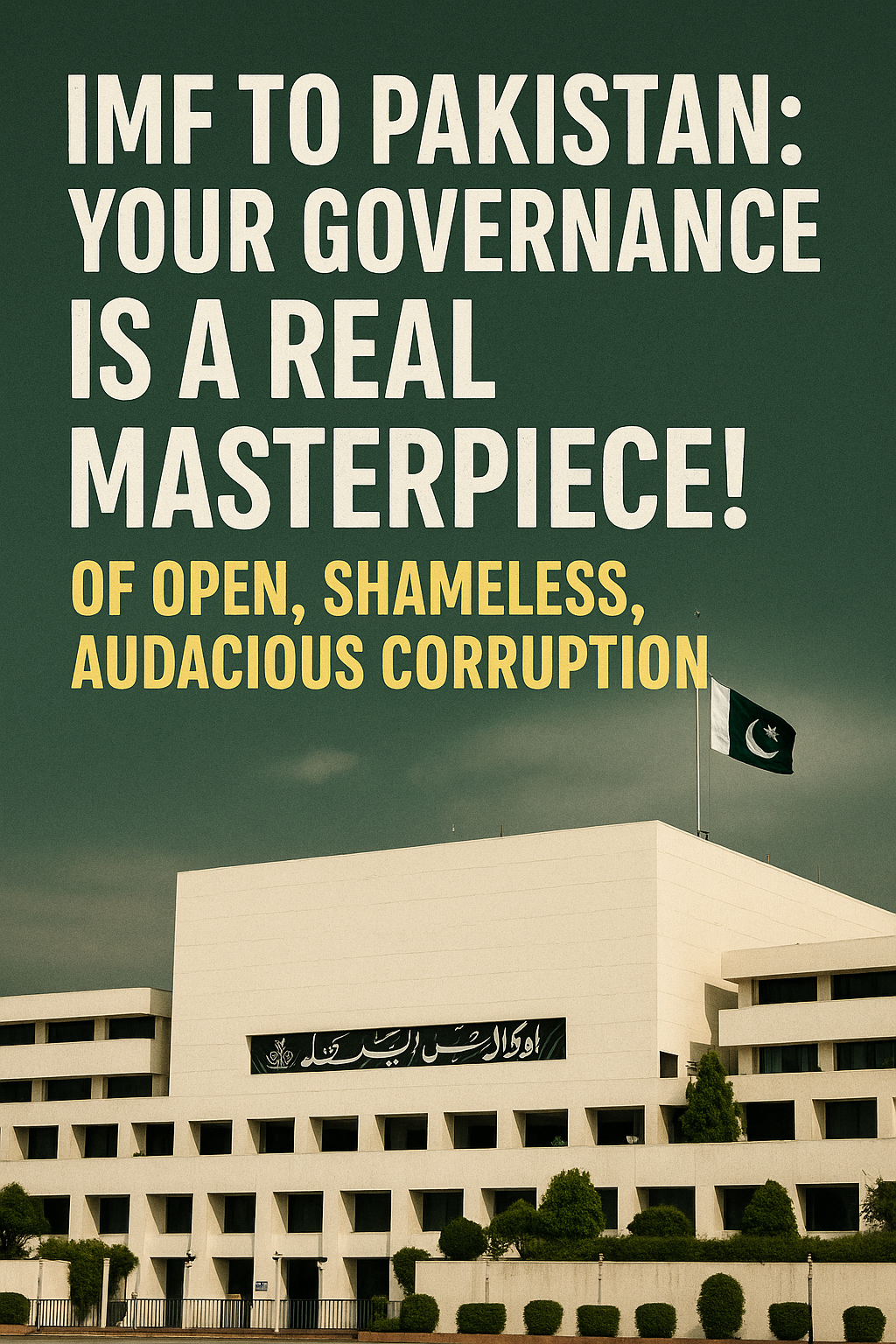
I recently asked a simple but powerful question to three different AI tools—ChatGPT, Grok, and Deep Seek:
“As per the Constitution of Pakistan, how is a State defined?”
What came back wasn’t just legal definitions—it was a window into how power is perceived, misunderstood, and sometimes deliberately monopolized in our country.
Let’s walk through what the Constitution actually says, what the AI tools explained, and what every Pakistani needs to understand—before another voice is silenced for merely asking, “Who is the real State?”
📘 What the Constitution Says
The clearest legal definition comes from Article 7 of the Constitution of Pakistan (1973), which defines the “State” as:
“The Federal Government, Parliament, a Provincial Government, a Provincial Assembly, and such local or other authorities in Pakistan as are by law empowered to impose any tax or cess.”
This simple line legally wraps the executive, legislature, judiciary, and all tax-imposing bodies into the fabric of the state. That includes your union council, the Election Commission, and even WAPDA. It’s a wide embrace of all those acting on behalf of the people.
But let’s not stop there—because that’s where the controversy starts.
🤖 Three AI Brains, One Legal Truth
All three AI tools—ChatGPT, Grok, and Deep Seek—touched on this definition, but with varying levels of depth and emphasis:
- ChatGPT gave the most structured breakdown of the state’s organs, including everything from the Supreme Court and local governments to regulatory bodies, armed forces, and even utility providers. It emphasized that statehood is shared, not monopolized.
- Grok focused more on the spirit of the Constitution, mentioning that sovereignty belongs to Allah but is exercised by the people’s elected representatives. It tied the idea of statehood to Islamic and democratic values—pointing out that no institution can operate outside this mandate.
- Deep Seek (not shown here directly but compared via user-provided insights) echoed the same constitutional structure but noted how interpretations of “state” are often twisted for political supremacy.
Together, they painted a picture that many powerful institutions in Pakistan would rather keep hidden: the State is not one entity—it is a democratic ecosystem.
🎖️ The Military’s Self-Crowning Myth
Here’s where things get tense.
In modern Pakistan, there exists an unwritten and dangerous narrative—particularly from the military elite—that they alone are the State. Anyone who challenges them is labeled a traitor, prosecuted, or worse—disappeared.
This is not paranoia. It’s policy.
Public discourse, media debates, and even political leaders have been systematically trained to equate criticism of the army with an attack on the state. This attitude is not just unconstitutional—it is authoritarian in nature.
Let’s be clear: The military is a part of the State—not the State itself. They are answerable to civilian authorities and elected governments, not the other way around.
🧑🤝🧑 The Real State: The People
The truth—though buried under boots and censorship—is refreshingly simple:
The real “State” of Pakistan is its people.
Every institution that claims to be part of the state—be it the Supreme Court, Police, Armed Forces, or even the Election Commission—is supposed to serve the people, not rule over them.
And if you’re someone who believes that the people’s voice, expressed through elected representatives, should guide this country, then you, my friend, are the real guardian of the State—not some unelected general in camouflage.
💡 What We Must Remember
So here’s the takeaway, loud and clear:
- The Constitution doesn’t grant exclusive “statehood” to the military or any one institution. It spreads that responsibility across a broad range of public bodies, under the authority of the people.
- All three AI tools agreed—in language more loyal to the Constitution than many of our rulers—that the State is a network of institutions, not a barracks or command post.
- Criticizing a state institution is not treason. In a democracy, it’s patriotism.
- No one is above the Constitution. If they think they are, they’re not a “state” actor—they’re an outlaw.
🔍 Final Word from Three Minds (and One Heart)
This blog isn’t just a thought experiment. It’s a digital dialogue between technology and truth.
I asked three independent AI systems. They read the Constitution line by line. They even pulled in insights from court rulings, public policy texts, and history.
And you know what they all agree on?
Pakistan belongs to its people—not to any office, rank, or uniform.
Let’s reclaim the term “State” from the bullies who have hijacked it.
Let’s wear it with pride—as citizens, voters, and believers in a better tomorrow.




Leave a Reply